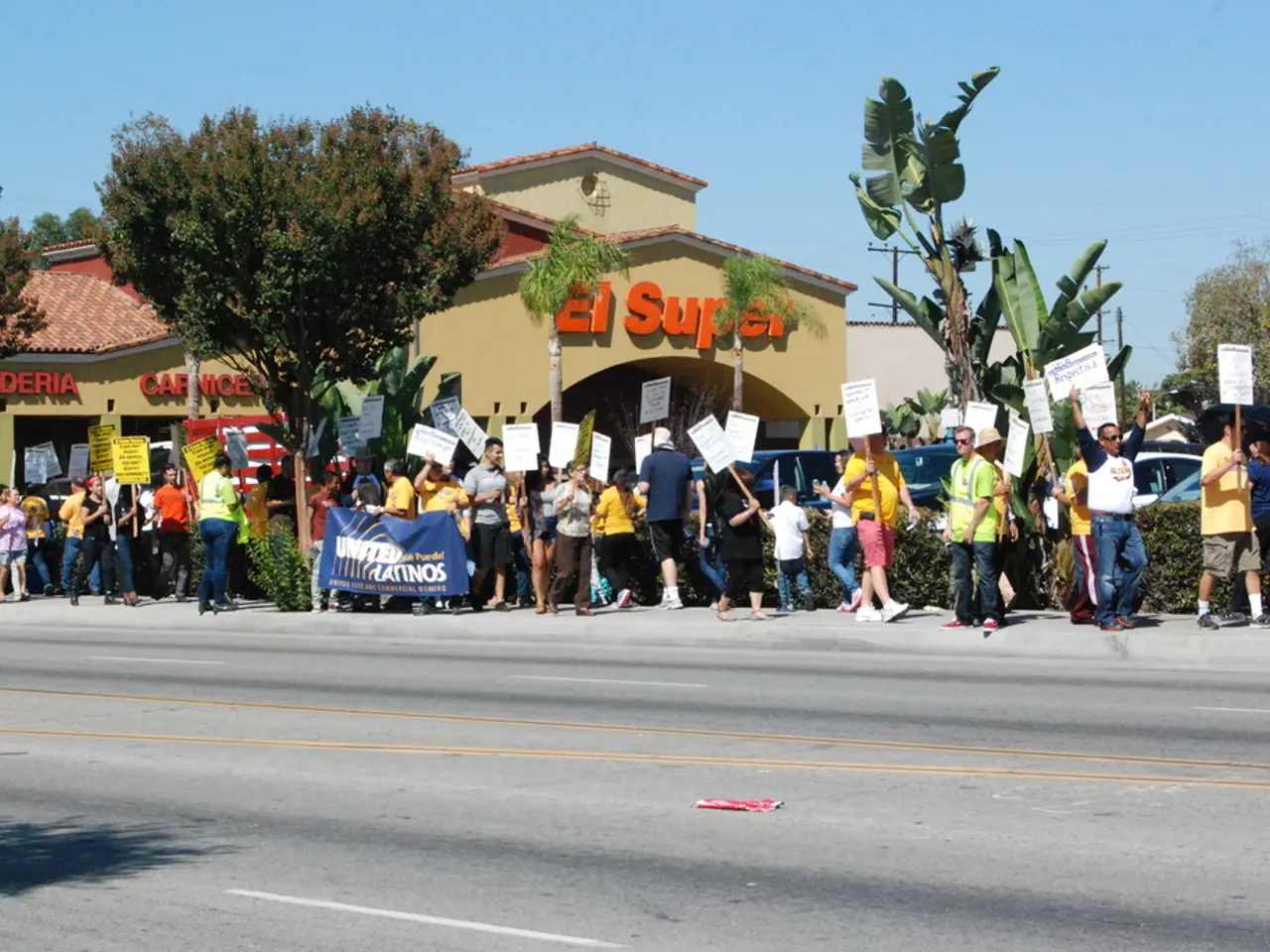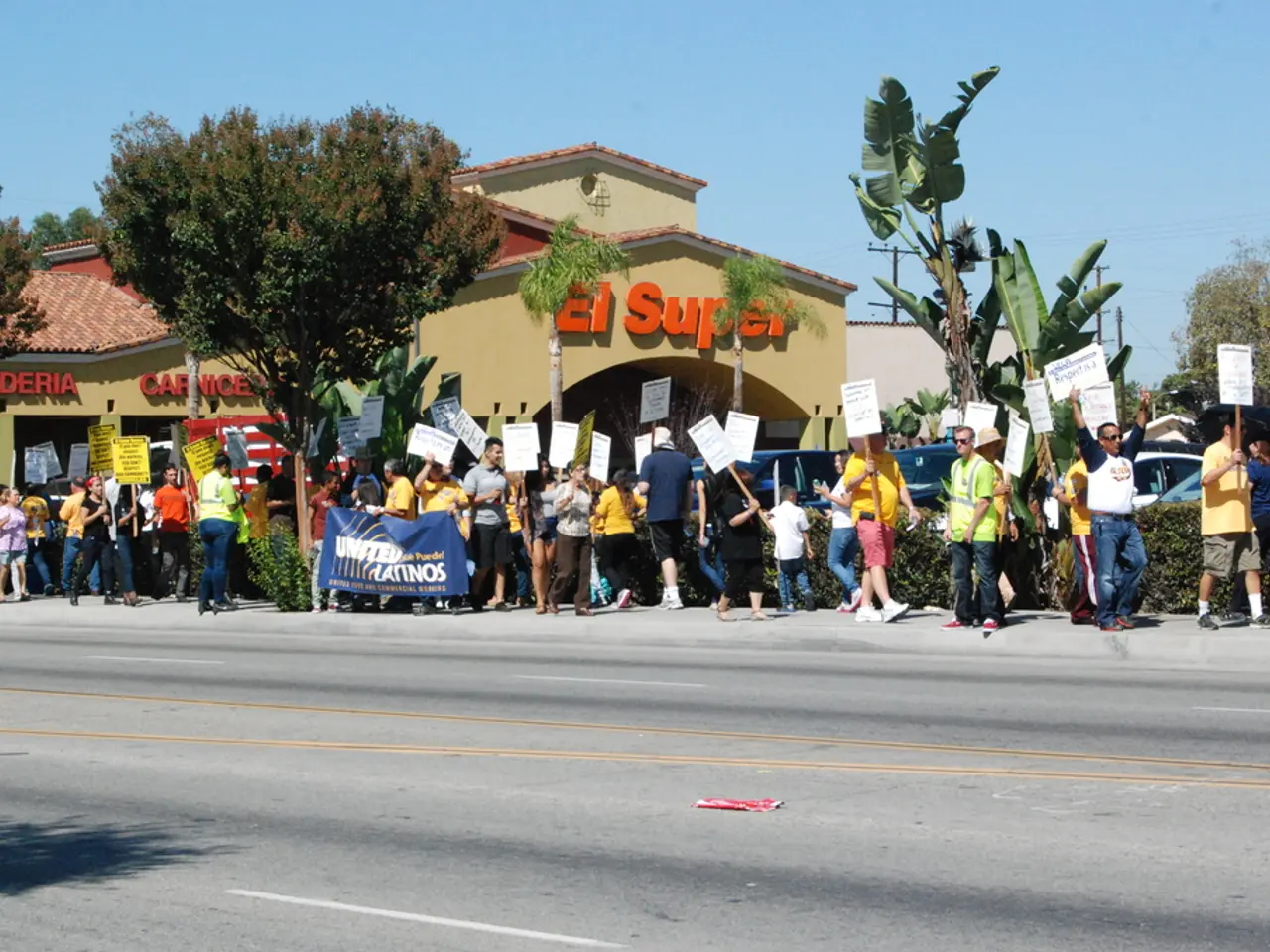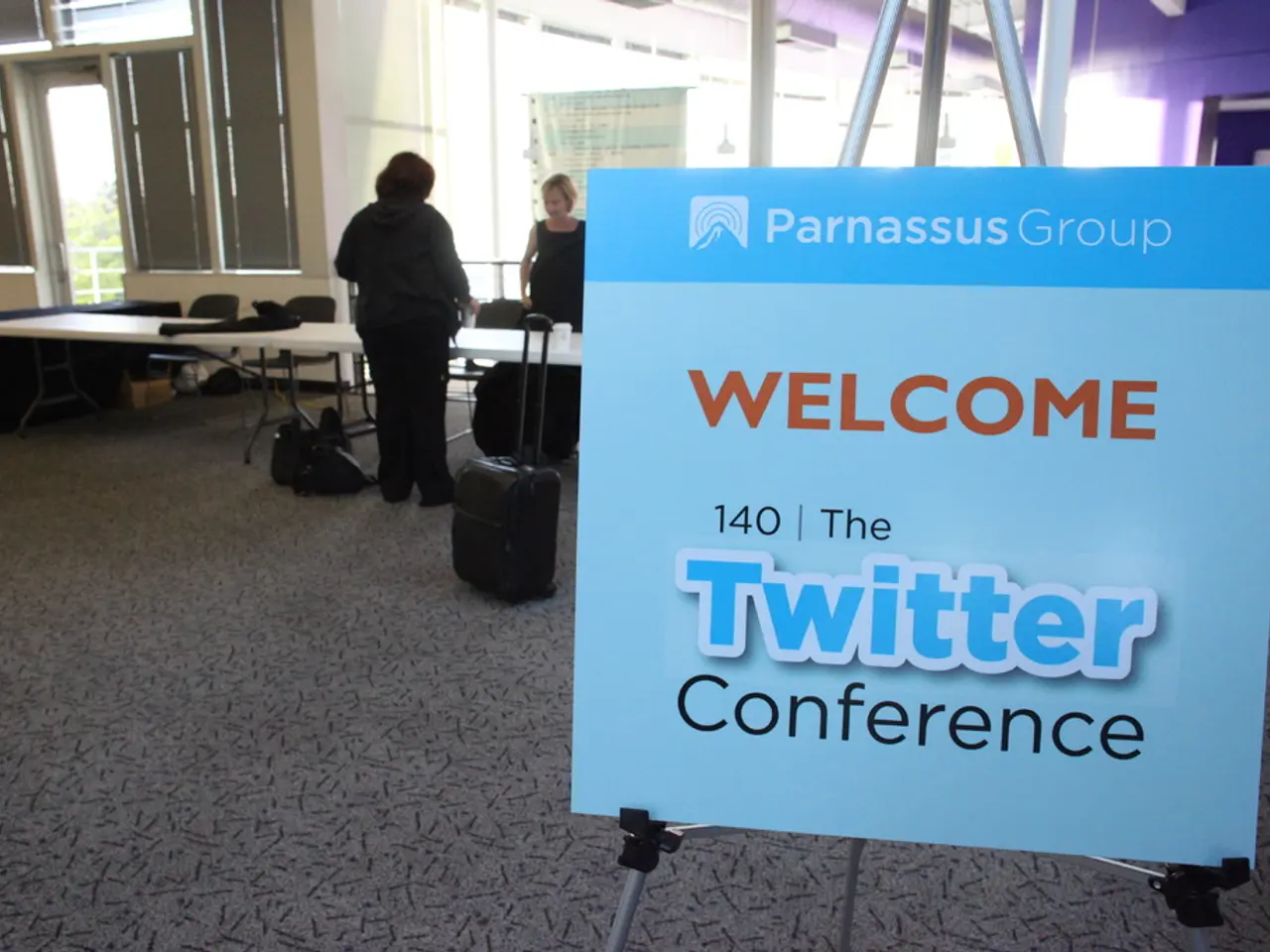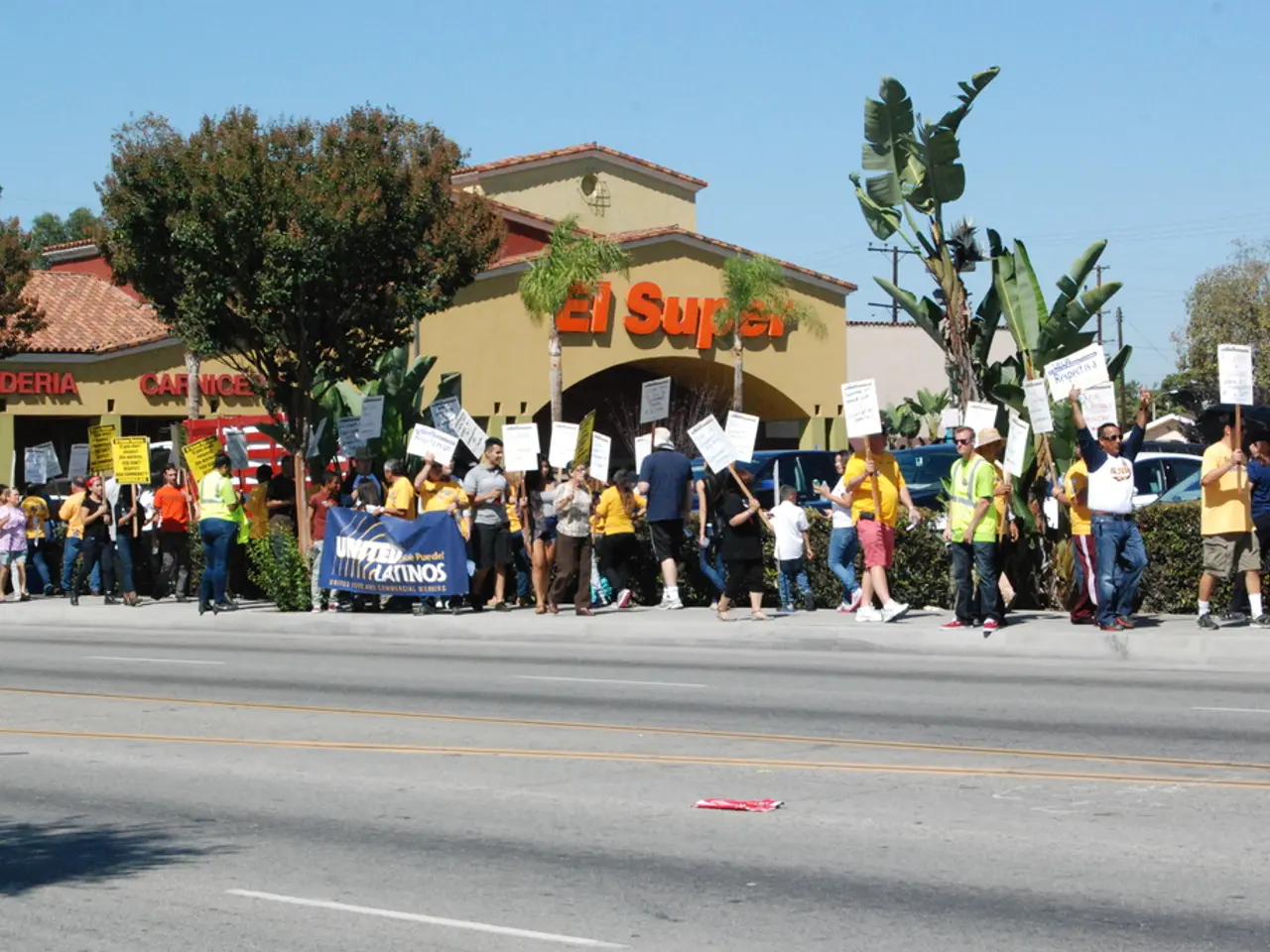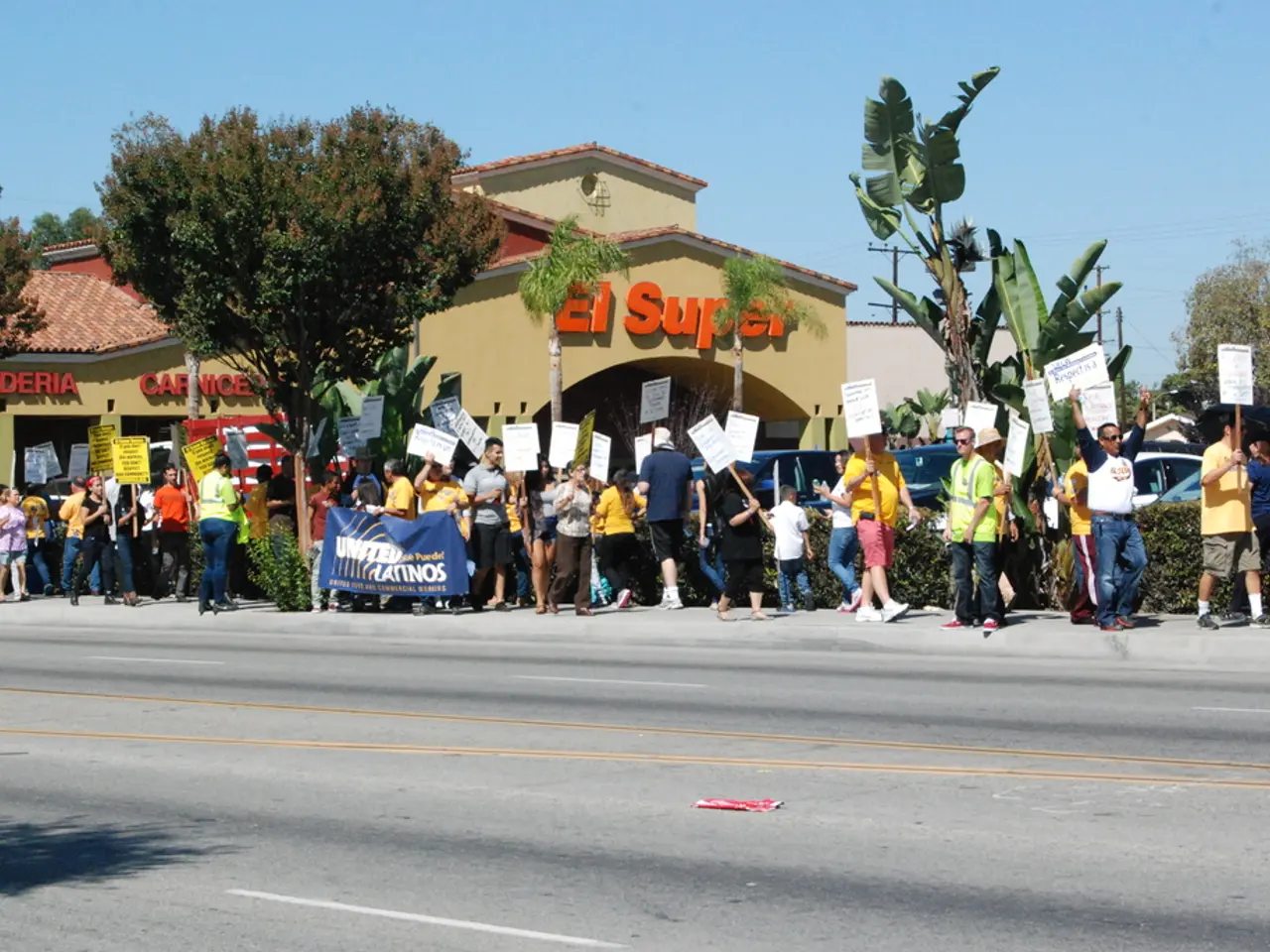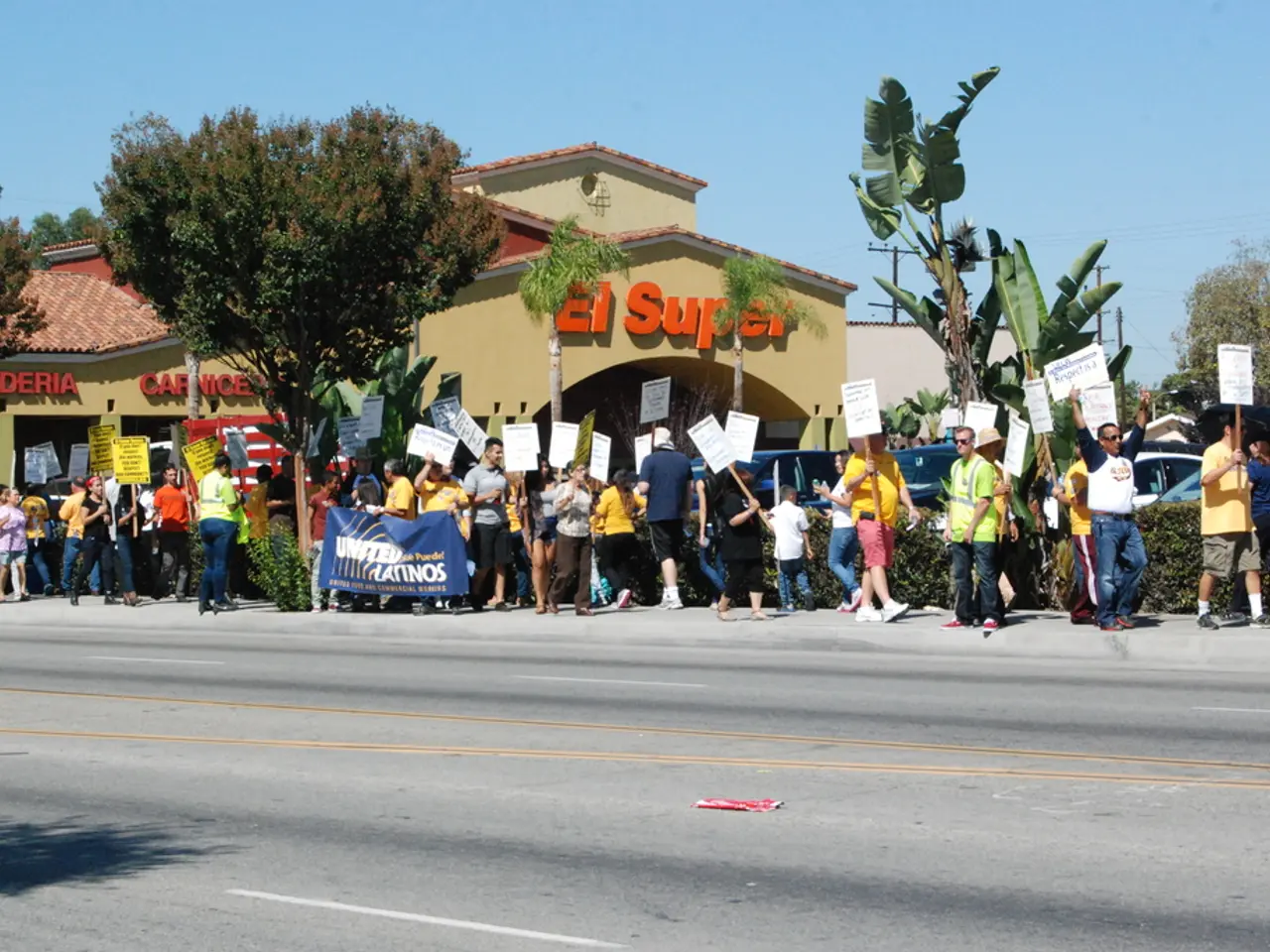Upon failure to reach a deal with Russia regarding Ukraine within 50 days, Trump has issued a warning of imposing 100% tariffs.
In a significant policy shift, the United States has announced plans to supply weapons worth approximately $10 billion to Ukraine through its NATO allies. This decision was announced by President Donald Trump in July 2025, marking a strategic effort to support Ukraine's defense while distributing the financial and logistical responsibilities among NATO allies.
The types of weapons to be supplied include missiles, air defense systems, and artillery shells, with the aim of bolstering Ukraine's defense capabilities. While the weapons are sold to NATO allies, it is understood that NATO is effectively footing the bill for these arms, meaning that the financial cost of supplying Ukraine through this mechanism is being covered by the NATO countries themselves rather than directly by the U.S. government.
The policy was discussed during a meeting at the Oval Office with incoming NATO Secretary-General Mark Rutte. President Trump emphasized that the U.S. will maintain its own military stockpiles needed for global missions despite these sales. Rutte confirmed the arrangement, stating that Europeans will pay for the weapons supplied to Ukraine.
Notably, President Trump threatened to impose 100% secondary tariffs on Russia if a deal to end the war in Ukraine is not reached within 50 days. Trump expressed dissatisfaction with Russia and President Vladimir Putin, stating that he thought a deal could have been reached two months ago but it has not.
The countries involved in this arrangement include Germany, Finland, Denmark, Sweden, Norway, the U.K., the Netherlands, Canada, and others. Ukraine's new ambassador to Türkiye also called for Black Sea peace and stated that Kyiv is ready for dialogue.
This policy represents a strategic effort to keep supporting Ukraine's defense while distributing the financial and logistical responsibilities among NATO allies. The ongoing situation in Syria was also discussed during the meeting, although specific details about Israel's strategy there were not mentioned.
The meeting took place on a day when a 7.3-magnitude earthquake struck off the Alaska coast, triggering a tsunami warning. However, the meeting did not discuss the details of the tsunami warning. Similarly, the details of the clashes in Sweida, Syria, the ongoing conflict in Syria, the unveiling of Turkey's AI-driven 'Steel Dome' multi-layer air defense system, and the rejection of a residence permit in Türkiye were not discussed during the meeting.
Trump's Ukraine envoy also joined an international coalition meeting in Rome, while the President referred to the ongoing conflict in Ukraine, which began with Russia's invasion in February 2022, as "Biden's war." Despite these developments, the focus remains on the strategic alliance between the U.S. and its NATO allies and their collective commitment to supporting Ukraine's defense.
- Given the ongoing policy shift, it seems that Turkey, being a part of the international coalition, may also consider providing aid to Ukraine, as its new ambassador to Turkey called for Black Sea peace and expressed readiness for dialogue.
- The recent announcement of the U.S.'s plans to supply weapons to Ukraine through NATO allies has provoked a strong response from Russia. President Trump, in threatening to impose 100% secondary tariffs on Russia, hinted at the intensifying tensions between the two nations.
- As the war in Ukraine continues, the ongoing situation in Syria also warrants attention. Despite not being directly discussed during the meeting at the Oval Office, the ongoing conflict in Syria is a crucial aspect of Middle Eastern politics and general news.
- While the focus of the meeting between President Trump and incoming NATO Secretary-General Mark Rutte was largely on Ukraine and the collective effort to support its defense, the legislation and policy surrounding war-and-conflicts is extended to other global hotspots, particularly Syria, where complex political dynamics persist.

